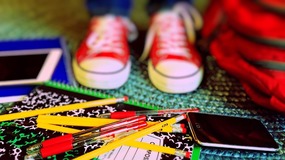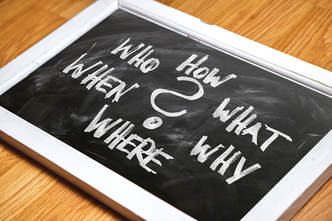What is Unconditional Education?
The Unconditional Education (UE) model seeks to disrupt the cycle of poor achievement and exclusion by transforming schools into communities in which all students are welcomed and can thrive. UE is a holistic, multi-tiered system of supports (MTSS) that pairs evidence-based academic, behavioral, and social-emotional interventions with an intentional focus on overall culture and climate. UE promotes systematic coordination and integration of funding and services, which increase the efficient allocation of available resources so that gaps are identified and redundancies eliminated. UE emphasizes early intervention by utilizing data to identify student needs and then providing services to address those needs before students fail, thereby reducing the need for more intensive and costly remediation in the future.
What is the mission of Unconditional Education?
Goal 1: To increase the capacity of high poverty schools to deliver effective interventions through the implementation of a multi-tiered framework
Goal 2: To increase achievement of struggling students
In the simplest terms, it means to help schools become more inclusive places where all students are welcomed and can thrive.
- How do we promote data informed practice?
- How do we ensure all staff are engaged in the work and it feels meaningful?
- How can we ensure all staff voices are heard?
- How do we ensure we have strong collaboration and communication between providers and staff and partners?
- What can we do to ensure leadership between us and our partners is aligned and integrated?
Remember, when it gets tough, our responsibility is to figure out which strategy will work with each student, because each of them MATTER! We are trying to change history and although it will be touch, it will be rewarding. I love what Bob Lenz, Executive Director, Buck Institute for Education said, “…and when it gets really tough, try to envision the students they are becoming, not the students they are at that moment”. It is important to remember that the impact we have on a student may not be noticeable today but is often noticed or understood years after our students have left so always put your best foot forward and remember to:
- Have Fun
- Cry when you need to
- Laugh often
- Remain Curious
- Be inspired
- Have a FABULOUS year and enjoy it


 RSS Feed
RSS Feed